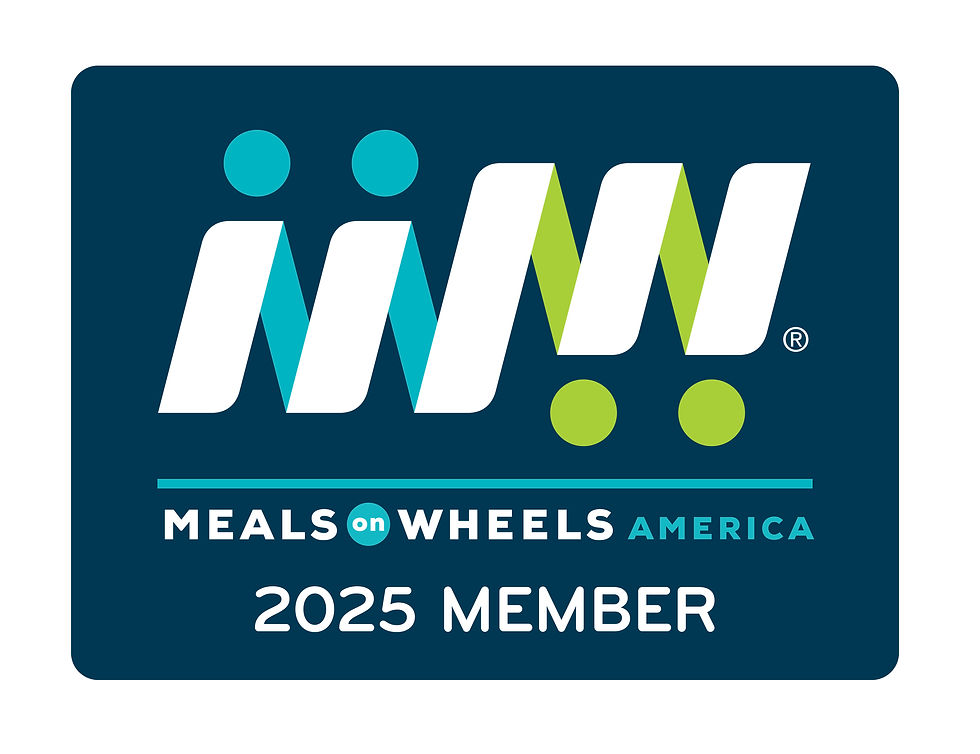Understanding the "One Big Beautiful Bill Act" and Its Potential Impact on Seniors in Montgomery County
- Mark Clark
- May 27, 2025
- 3 min read
Updated: May 29, 2025

At Montco SAAC, we know that staying informed about changes to the programs many of us rely on is a big part of staying independent. That’s why we want to share a summary of what’s in a new federal bill that recently passed the U.S. House of Representatives. It’s called the “One Big Beautiful Bill Act” (H.R. 1) and it covers a wide range of topics. But we’re focusing here on the sections that relate most directly to services like food assistance, Medicaid, and other benefits that affect older adults and the work we do every day at Montco SAAC.
First, the bill includes some significant changes to SNAP (Supplemental Nutrition Assistance Program), the program many people still call “food stamps.” If this bill becomes law, work requirements would expand to cover adults up to age 65, instead of cutting off at 60 as in the past. There are some exception; for example, for people who are homeless, veterans, or former foster youth (but these would expire in 2030). The bill would also make it harder for states to waive these work requirements, limiting waivers to counties with unemployment over 10%. In a state like Pennsylvania, that’s a very high threshold that few counties would meet. Fore example, as of March 2025, Montgomery County's unemployment rate was 3.2%.

The bill also affects how the SNAP program is paid for. Starting in 2028, states like Pennsylvania would need to start contributing 5% toward the cost of SNAP benefits. Right now, the federal government covers the full amount. States with high error rates in processing SNAP benefits could be required to pay even more, up to 25%. On top of that, federal reimbursement for administering the program (the paperwork, outreach, and day-to-day help that centers like ours provide) would be cut from 50% to 25%. That could put a strain on local agencies doing the front-line work.
There are also some smaller but important changes. For example, households will no longer be able to count internet bills as a utility expense when applying for SNAP, which may reduce benefits for some people. And only households with a senior or disabled member will be able to use energy assistance payments to automatically qualify for utility deductions. Additionally, the bill repeals funding for SNAP-Ed, which is the nutrition education program many seniors know from classes or printed materials about healthy eating.
Medicaid is also addressed in the bill. It would require more frequent eligibility re-determinations, which could make staying enrolled more complicated for some people. The bill also tightens rules around verifying citizenship and addresses. And in another big change, it would require states to create “community engagement” requirements, which seem to be work or volunteer obligations for certain Medicaid recipients.
As of today—May 27, 2025 the "One Big Beautiful Bill" has passed the US House but has not yet passed the Senate. That means none of these changes are law yet. There’s still a lot that could change as the bill moves forward, and we’ll be watching closely.
We know this is a lot to take in, but want to to help you understand what’s happening and how it may affect you. We’ll continue to keep you updated and be here to support you with any help you need applying for benefits, understanding your options, or just navigating whatever comes next.
If you have questions or concerns, please reach out to our team. And if you'd like to read the bill for yourself, you can find the full text HERE.
As always, we’re in your corner!




Comments